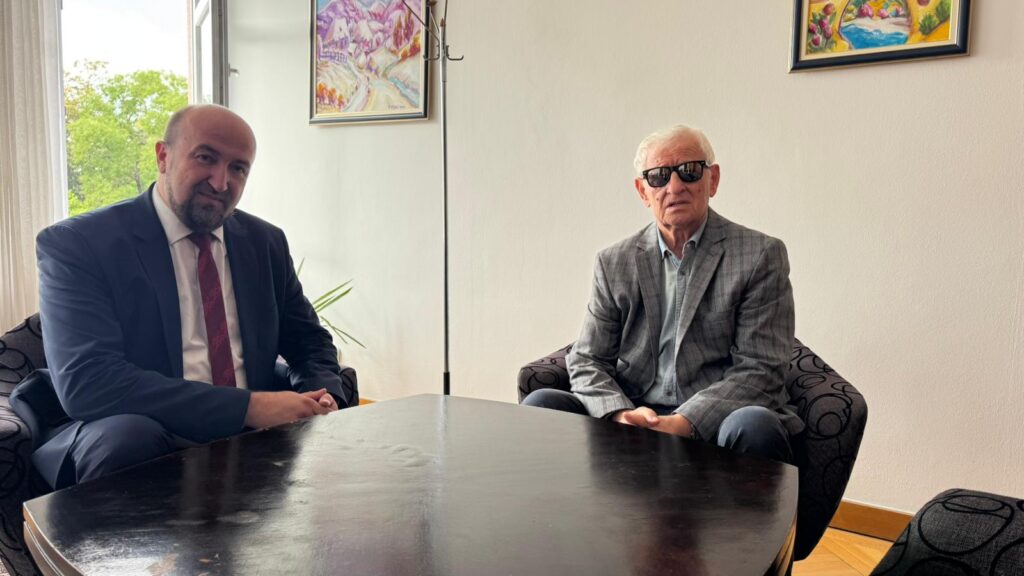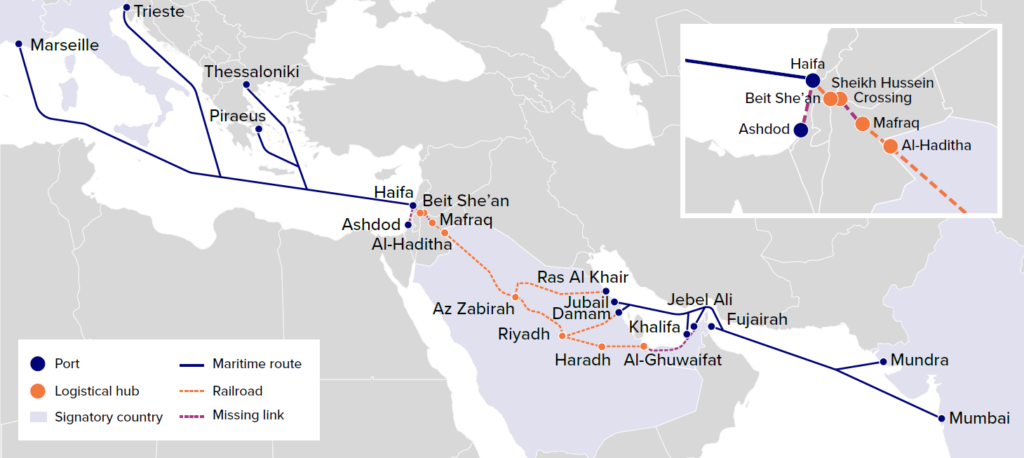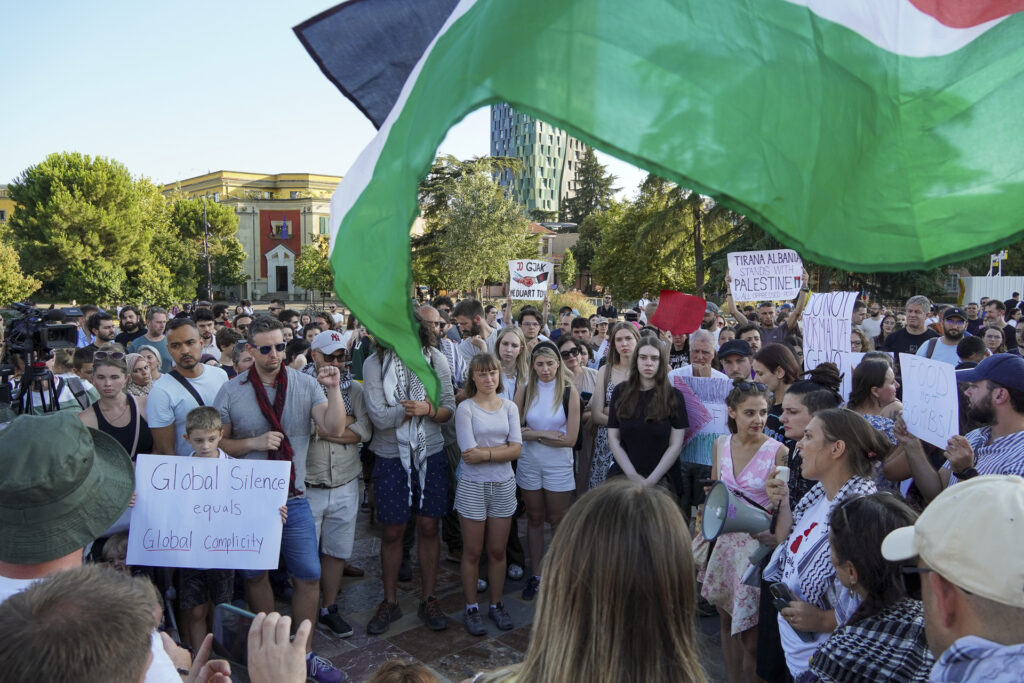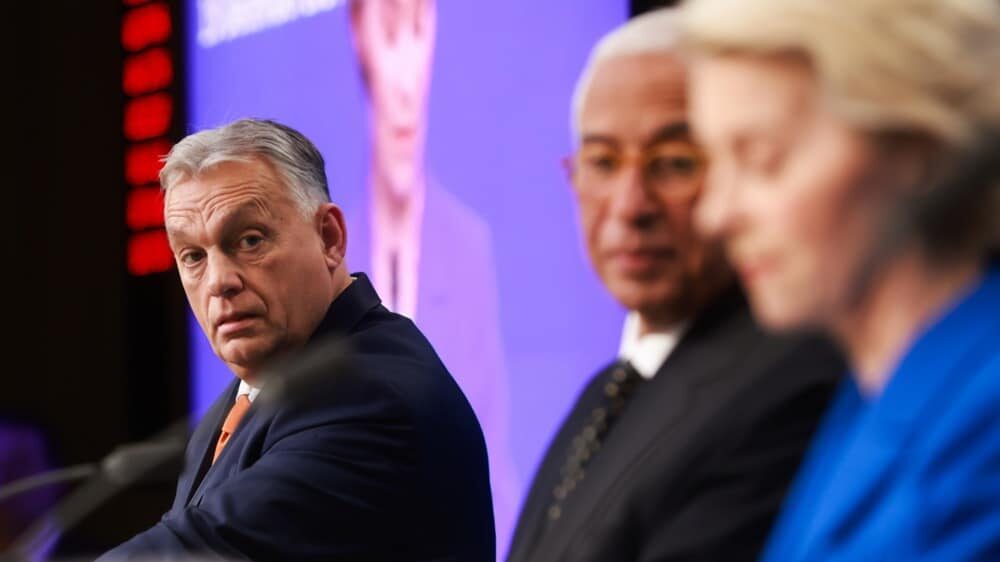Week in Review: Deadlocks, Unexpected Twists and New Approaches
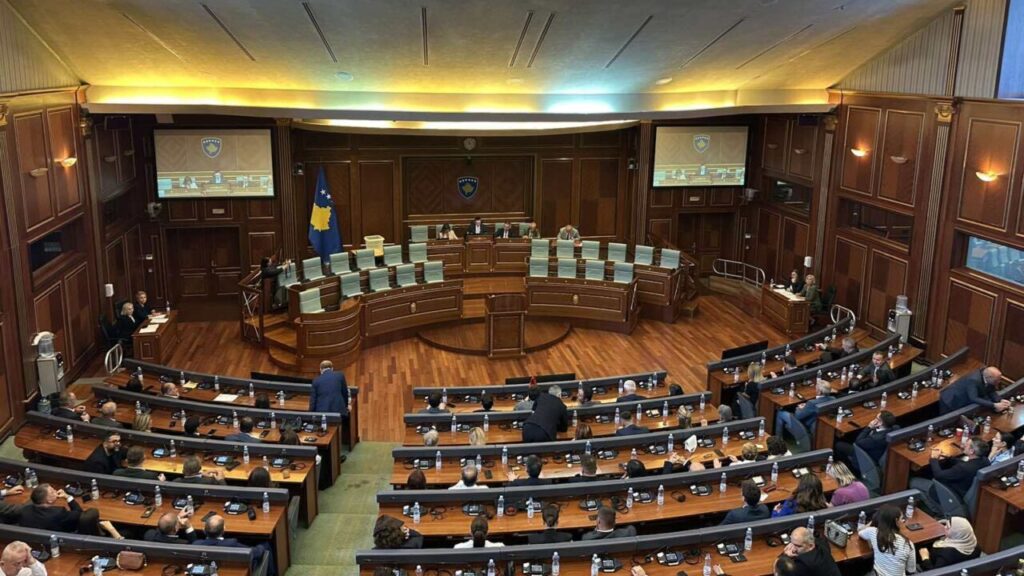
On August 26, Kosovo’s parliament finally managed to elect a Speaker, Dimal Basha of Vetevendosje, some seven months after general elections took place. Citizens of Kosovo and political observers alike breathed a sigh of relief, hoping this could be the beginning of the end of a frustrating political crisis.
The celebrations may have been premature. With the Speaker elected, the process of constituting Kosovo’s Parliament hit another, apparently insurmountable, hurdle, over the election of a deputy speaker drawn from the Kosovo Serb community. Another intervention by the Constitutional Court is likely to be needed. Meanwhile, negotiations on forming a government have yet to start.

